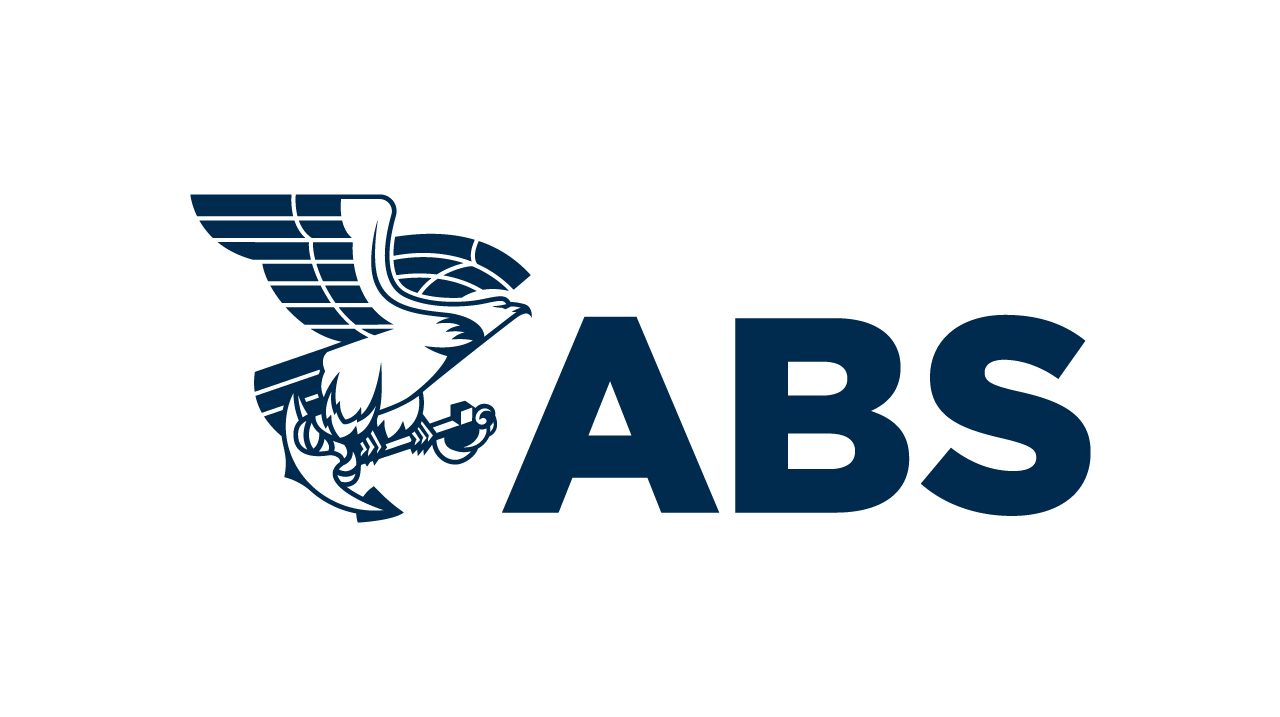Posted on: 17 May 2021
ABS continues its series of industry-leading alternative fuels guidance with the publication of its latest whitepaper examining the potential of biofuels in shipping.
The Sustainability Whitepaper: Biofuels as Marine Fuel gives an overview of the various types of marine liquid biofuels that are “drop-in” fuel options for replacing conventional fuels in both the near- and long-term and their potential to contribute to industry decarbonization goals. Other aspects considered include safety, vessel design implications and regulatory challenges.
“Biofuels have been identified as highly promising carbon neutral fuels that can enter the global market relatively quickly and help approach the IMO GHG reduction targets for 2030 and beyond. Being produced from renewable biomass, biofuels have the potential to offset the carbon emissions of a vessel due to the CO2 absorption of the feedstock, which can help counterbalance the combustion emissions. However, the total carbon reduction potential of different biofuels clearly depends on a range of factors related to their value chain. ABS is committed to ensuring owners, operators, shipbuilders and original equipment manufacturers are fully informed about its potential as they develop their decarbonization strategies,” said Georgios Plevrakis, ABS Director, Global Sustainability.
The guidance builds on ABS research developed in the ABS Low Carbon Shipping Outlook series, to help drive decarbonization pathways for the industry.
To learn more, download the Sustainability Whitepaper: Biofuels as Marine Fuel here.
The three-part ABS Low Carbon Shipping Outlook series, along with the previous ABS Sustainability Whitepapers: LNG as Marine Fuel; Methanol as Marine Fuel and Ammonia as Marine Fuel can be downloaded from the ABS Marine Sustainability Resource Center here.




